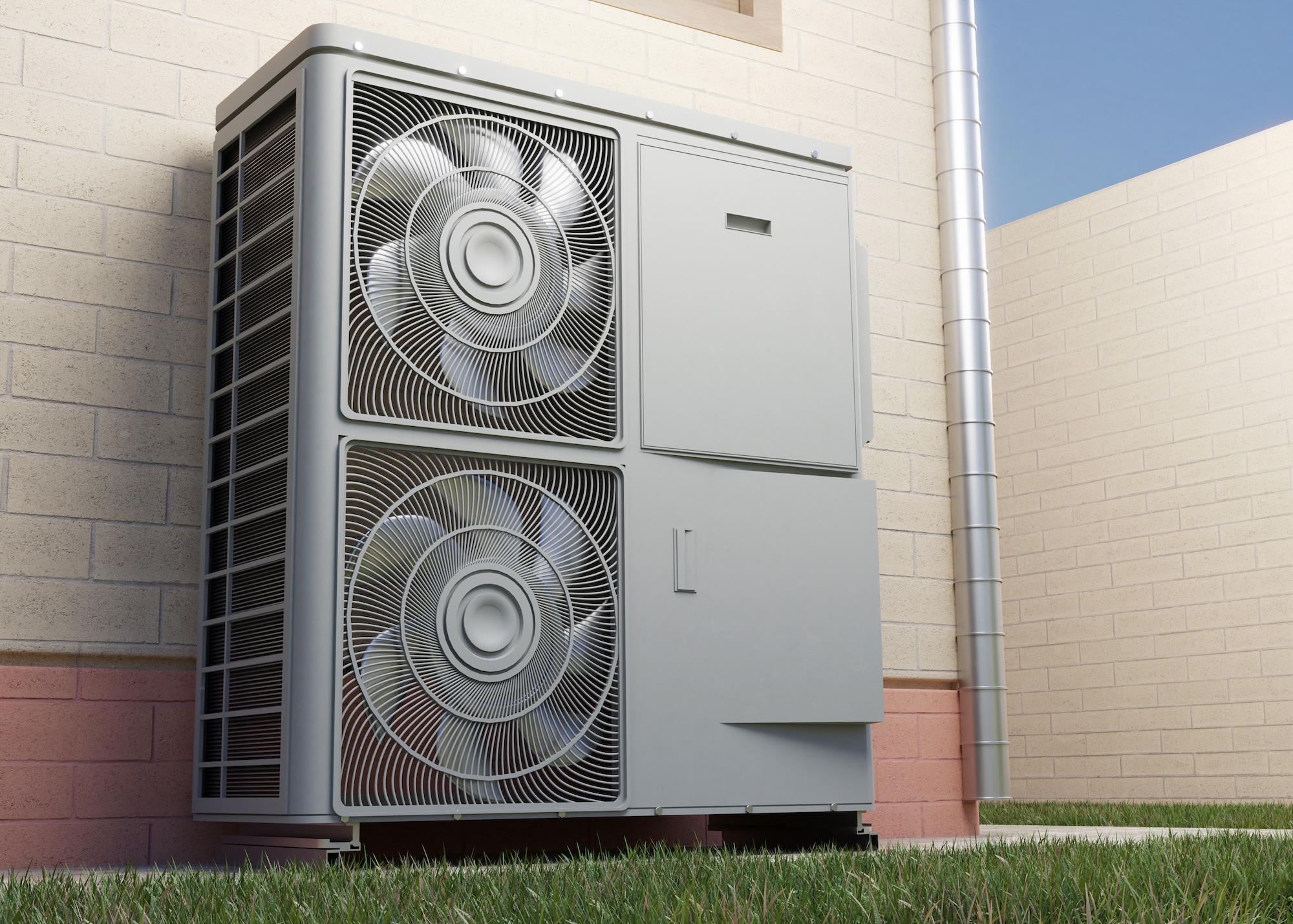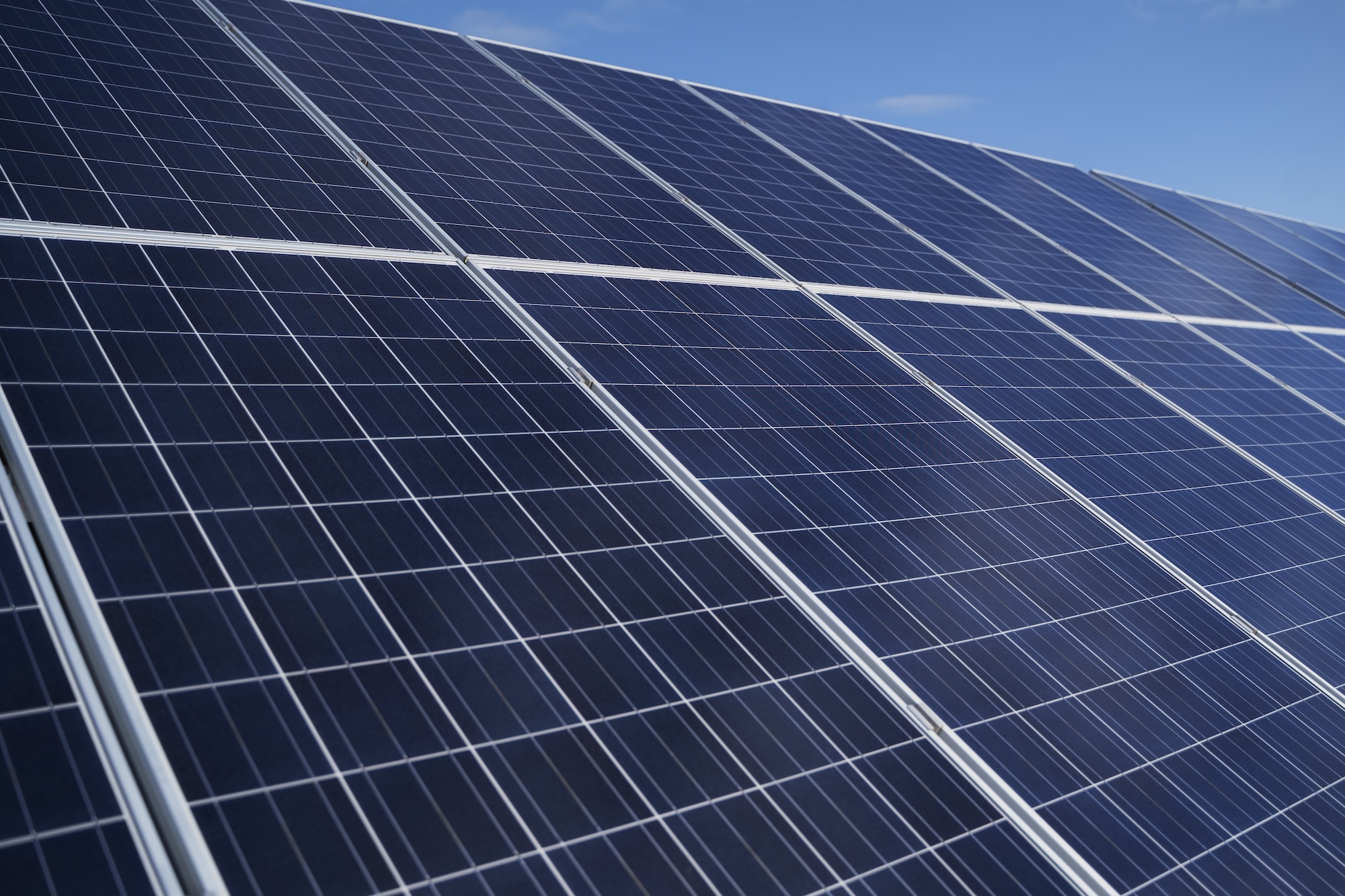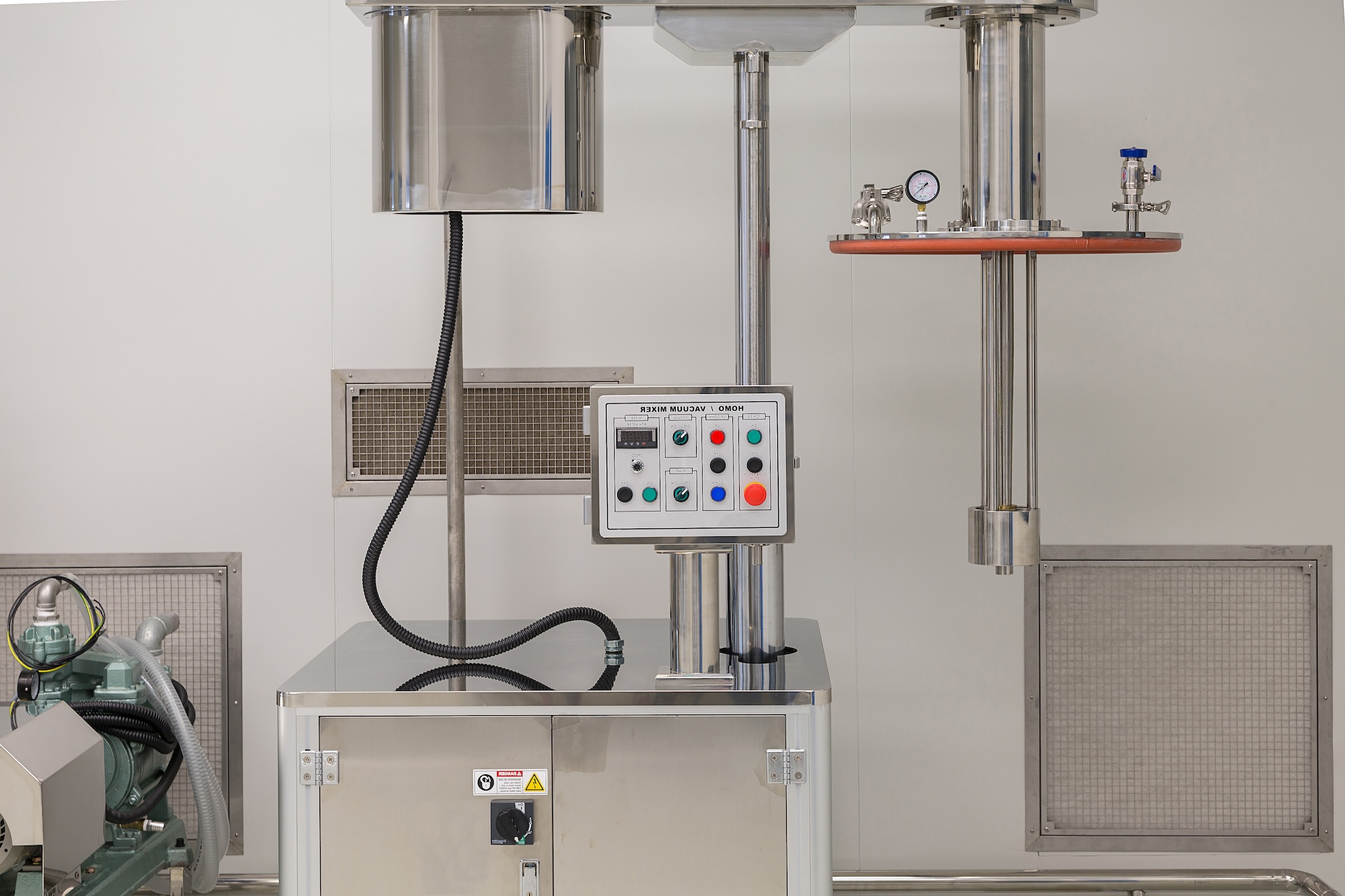Moving towards net zero. How can we get there? Who needs to make changes? What help is out there?
Recent news from the Government and Labour Party seems to indicate that their ambitions seem to prioritise winning the next general election and not tackling Climate Change.
I am confident that all Local Authorities have Road Maps in place, but having the right implementation strategy to use funding available is sadly lacking. If allocated funding is not used by Local Authorities for the specific project, then the funding goes back to the Government.
The installation of gas boilers was supposed to cease in 2030. This date has now moved to 2035.
The majority of the properties we manage have gas central heating, so at some stage we will need a Plan. Owner Occupiers have a completely different set of priorities to Landlords.
In this article, I wanted to discuss options – but don’t expect a definitive answer to “what is the Plan?’
The benefits, currently, to a landlord to install a air source or ground source heat pump, possibly linked with a Photovoltaic Solar system for hot water are as follows:
- Tax breaks
- Better quality tenants
- Higher rents
- Increase in capital value of the property and enhanced saleability
The wider benefits are:
- Easing the cost of living crisis with lower household bills
- Solving fuel poverty
- Reduced demand on energy
What are the Tax Breaks?
Solar panels or heat pumps could be considered as plant & machinery, therefore eligible for 100% tax write off under Annual Investment Allowance. For the next 5 years there is no VAT on solar panels. However, both solar panels and heat pumps are considered as enhancement to a property and are thus not claimable against rental expense. We advise that you seek professional advice from a tax expert .
Better Quality tenants
The question is ” will a property using renewable energy source rather than a gas fired boiler be more or less appealing to a prospective tenant?” The running costs of that property would be significantly cheaper and therefore see more enquiries. More enquiries does not necessarily mean a better quality tenant, but its our view that if a landlord invests heavily to provide a better home, then a tenant respects that property more.
Will the property achieve a higher Rent?
Almost certainly the answer is yes. We are already seeing that the new build properties in West Cambourne and in Roman’s Gate, Godmanchester are achieving higher rents than elsewhere. This is partly due to the fact that all the fitments are modern and new, but also because the properties are more energy efficient so reducing monthly bills.
Will the value of the property increase?
When we first started selling properties with solar panels the capital value was no different. largely because the technology was new and not fully understood with “feed-in” tariffs. But now, the answer is a huge “yes”. Both saleability and values are higher especially when heating is via a heat pump linked to an underfloor heating system.
Different Renewable Energy Options
Solar
It is very common to see homes with solar photovoltaic panels mounted on the roof. These generate power during daylight even without full sun, and store it in batteries for round the clock use.
Surplus power can be sold to the grid via SEG. The cost of this option is between £5,000 and £8,000, but it can cut your electricity bill by over £700 a year. Solar can also be used directly to provide heating and hot water.
Biomass
Whilst not entirely carbon-free, this is a method of domestic heating which burns organic materials such as wood pellets, chips and logs, but emits no more carbon than was absorbed during the life of the tree from which the fuel is sourced.
Biomass boilers can cost anything from £4,000 to £25,000 depending on size and functionality, but can save nearly £900 a year.
Air Source Heat Pumps
These work on the same principle as refrigerators, but instead of removing heat they draw it in from the air outside. They function in all temperatures and can extract heat from the air and heat your home even in temperatures well below zero.
They are virtually silent to run, clean and efficient, potentially saving you £1,330 per year. Government grants of up to £5,000 are available towards the cost of installation, which can range from £3,000 to £18,000.
Ground Source Heat Pumps
Working on the same principle, but even more efficiently, ground source pumps extract low-temperature solar energy that is stored in the ground or in water. It compresses the energy to create higher temperatures and can supply all of a building’s heating and hot water all year round.
Because the ground temperature in the UK never gets as low as the air temperature, ground source heat pumps don’t have to work as hard as their air source equivalents.
What is our advice and opinion?
On a personal level I am very worried about climate change. I try and make the most responsible decisions I can.
On a business level, can I recommend a landlord spends £20,000 – £25,000 on replacing an old gas boiler with an air source heat pump linked to a PV solar array?
Depending on the property, I can argue that over 5 years the extra rent could be worth between £6,000 and £12,000, and that the capital value could be increased by £10,000 to £20,000.
However, the Government must incentivise landlords with much bigger grants than we have seen.
Malcolm Thomas
Latest posts by Malcolm Thomas (see all)
- Get Your Garden Spring Ready - 8th April 2024
- Renewable Energy in the Private Rented Sector - 8th April 2024
- School Holiday Easter Cooking Fun - 11th March 2024




